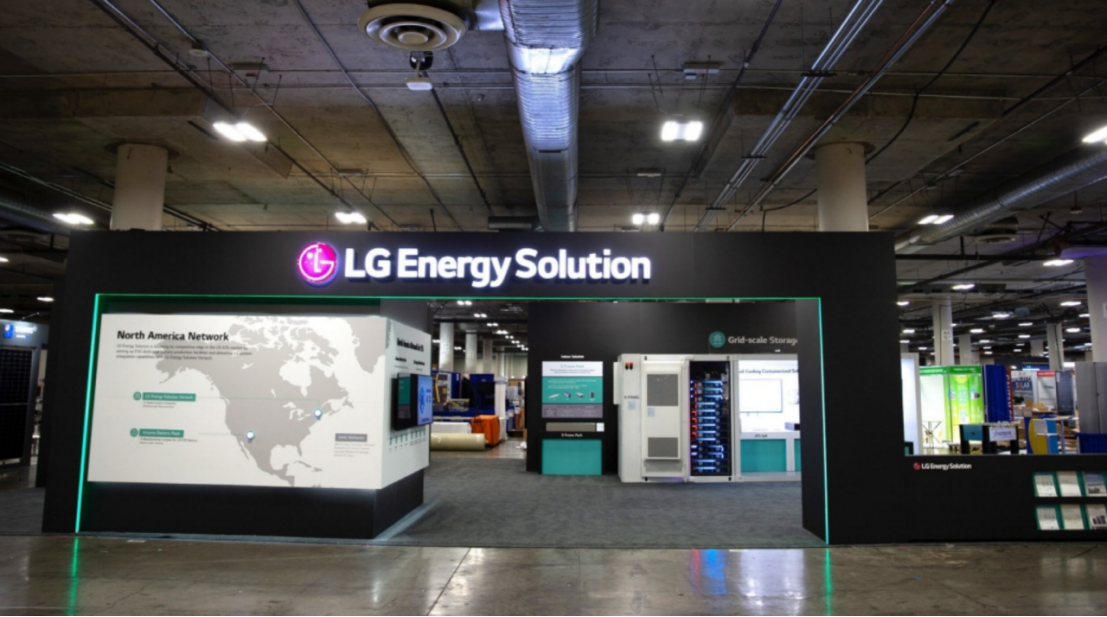On July 25, South Korean battery manufacturer LG Energy Solution announced that its operating profit for the second quarter of this year surged by over 152.4% year-on-year and 31.4% quarter-on-quarter, reaching 492.2 billion won (approximately 360 million USD), significantly higher than 195 billion won in the same period last year. Excluding tax credits obtained under the US Inflation Reduction Act, the operating profit would be 1.4 billion won. The consolidated revenue amounted to 5.565 trillion won, a decrease of 9.7% year-on-year and 11.2% quarter-on-quarter, with a net profit of 91 billion won compared to a net loss of 24 billion won a year earlier. Despite the substantial increase in Q2 operating profit, LG Energy Solution warned that market demand for electric vehicle batteries is expected to further slow down early next year due to uncertainties surrounding US tariffs and policies. Major clients Tesla and General Motors have also indicated that US tariff policies and the upcoming expiration of federal electric vehicle purchase subsidies on September 30 will have negative impacts. CFO Lee Chang-sil stated during a conference call that the US tariff policy and the premature end of electric vehicle subsidies will burden automakers, potentially leading to higher vehicle prices and slowing the growth of electric vehicles in North America. However, LG Energy Solution plans to offset the softening electric vehicle demand by increasing the production of energy storage system (ESS) batteries to improve profits in the second half of the year. The company also plans to cut or delay some investment projects. As one of the few manufacturers producing lithium iron phosphate (LFP) batteries in the US market, LG Energy Solution is considering converting some of its electric vehicle battery production lines in the US to ESS battery production lines to respond to the slowdown in electric vehicle demand. The company began LFP battery production at its Michigan plant in May and aims to increase ESS battery annual production capacity to 30 GWh by 2026, a significant increase from the projected 17 GWh in 2025. Analyst Kang Dong-jin from Hyundai Motor Securities noted that when LG Energy Solution's plants are operating at full capacity, the company could receive nearly 2 trillion won (approximately 1.5 billion USD) in subsidies. Unlike electric vehicle batteries, ESS involves selling complete systems rather than just battery cells, which increases average selling prices and profit margins. Kang also added that LG Energy Solution is currently the only supplier of LFP-based ESS in the US market, giving it a competitive edge. Following the report, LG Energy Solution's stock fell by 1.6% in early trading, while the benchmark KOSPI index rose by 0.3%.
LG Energy Solution Reports Significant Q2 Profit Increase Amid US Subsidies

Share this post on: